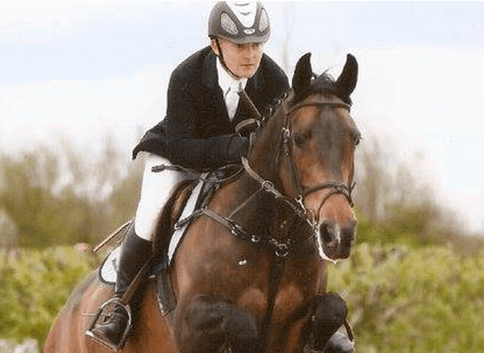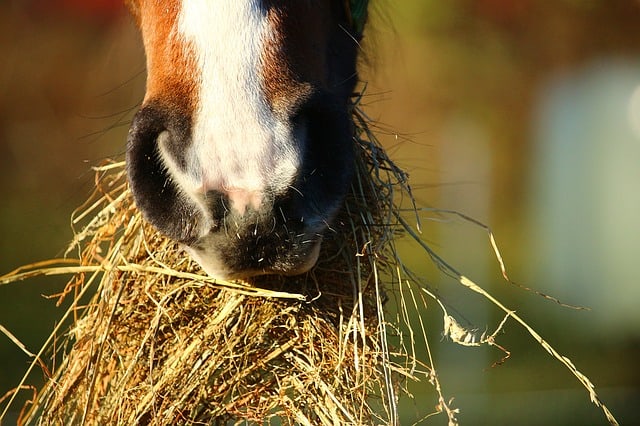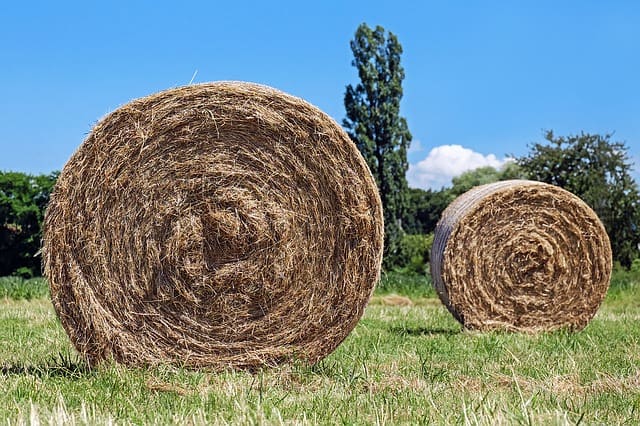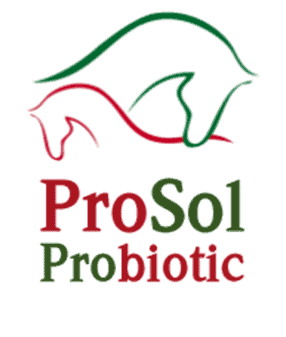
Hi Alan, thank you for taking the time to chat with Irish Sport Horse Magazine about Keeping Our Horses Stable Environment Healthy. We know your job for the Equine Centre takes you all over Europe, but we just want to ask you a few questions about what your job involves day to day.
What services can you and the Irish Equine Centre offer an Equestrian Facility?
I am the Head of Environment and Nutrition at the IEC. The main body of work is testing of feed, bedding, forage, water, surface swabs and air samples for pathogens which affect performance.
We are brought in to diagnose disease and performance problems in racing yards, stud farms and sport horse performance yards. This work includes full nutritional testing, the design of systems to eradicate diseases and implementation of procedures to prevent further problems occurring.
These procedures can include the redesign of stabling, feed/hay stores, walkers, stocks, barns, ventilation, etc and the general yard layout. It can be extremely busy. In 2018 we did over 650 callouts in Ireland, the UK, France and America.
On your First Visit to a Stable Yard what do you look for?

That very much depends on the particular problem. If it was a respiratory problem we are looking for poor quality hay or bedding coupled with inadequate ventilation.
For scour outbreaks in foals its normally poor hygiene in key areas. If the issue was weight problems in sport horses we look at parasites, forage quality, supplementation and gut flora problems.
What do you find is your most common problem in the Stable Environment?
Without doubt it would be poor quality hay or haylage. Some people will feed a mould infected forage which will have reduced nutritional quality, and will contaminate the stables with pathogenic mould.

This mould will cause immune suppression in the horses, leading to ongoing secondary bacterial and viral infections. Now these sick horses become expensive, as we now have to treat the secondary infections and you also have the cost of loss of performance.
What would you advice to counteract this problem?
Only buy a good quality hay or haylage. It is money really well spent. You can send a sample to the IEC and we can test it for pathogenic fungi prior to purchase. This test only costs around €30 and can prevent so many problems down the line.
What Procedures would you advise the yard to put in place to improve the situation going forward?
Success in All Equestrian Sports is about good practice in terms of Nutrition, Vaccination, Worming, Fresh Air and a Good Yard Disinfection Routine.
Alan Creighton Irish Equine Centre
We preach “be proactive not reactive” as prevention always works out cheaper than the cure.
I have spent 20 years dealing with the top racehorse trainers and sport horse producers in the world, and the common traits amongst them all is attention to detail, and the understanding that if you do all the simple things right the big problems don’t happen. I always hear, “it couldn’t be that simple”, well it is.
Success in all equestrian sports is about good practice in terms of nutrition, vaccination, worming, fresh air and a good yard disinfection routine.
What is your opinion on the Use/Overuse of antibiotics in the treatment of equines?
In both human and equine medicine it is well documented that we have overused antibiotics. Antibiotic resistant bacteria are now causing serious problems.
With certain diseases there may be only one effective antibiotic left to use. We all must remember that when we treat with antibiotics we also kill off a lot of the good bacteria in the horse’s gut which are so crucial for digestion and top line condition.
We have heard a little bit about the new Probiotic that IEC is using, can you tell us a bit about it and when/where it would be most beneficial to a horse?

ProSol is the name of this product. It is very unusual as is not anything like your usual probiotic. This is an Autogenous probiotic as we only use each horses own good bacteria.
Using the horse’s faecal sample we assess the horse’s gut flora or good versus bad bacteria picture in the gut. If the bad ones have out competed the good ones, we select out that horses own good bacteria and reproduce them into massive numbers in the lab.
We then put those bacteria into a pro biotic wash which the horse owner administers for ten days orally. The good bacteria out compete the bad ones and the horse starts to thrive again.
ProSol has been extremely successful so far in the racing world. It is used for animals who are not thriving due to recent antibiotics use following illness, surgery, or from the stress of travelling and competition, parasites or from poor nutrition.
What makes ProSol, superior to the variety of Probitotic / Prebiotics available to purchase over the counter?
It’s not for me to say whether or not ProSol is superior to conventional Probiotics. Our product is very different and can never be available across the counter.
It is made up by growing up millions of the horse’s own good bacteria rather than just the saccharomyces or lacto bacilli which make up normal probiotics.
We also store the horses own good bacteria cryogenically for the lifetime of the horse as an insurance policy in the event of severe gut flora interference. I would ask someone who has used ProSol if you need to know if it is superior or not.

Just one last question, what is your best piece of advice for keeping a horse healthy for competition.
There is no magic bullet. It’s about getting the fundamentals right. Hygienic well ventilated stabling, clean pasture, good vaccination policy, a good worming regime and don’t use antibiotics unless your vet prescribes them. Keep it simple, feed good quality tested feed and forage, avoid duplication of minerals and vitamins by overuse of supplements.
This Interview was originally published in the February 2019 Issue of Irish Sport Horse Magazine. If you would like to contact Alan Creighton at the Irish Equine Centre in relation to any of the services that they provide, you can do so through the website – www.irishequinecentre.ie.
